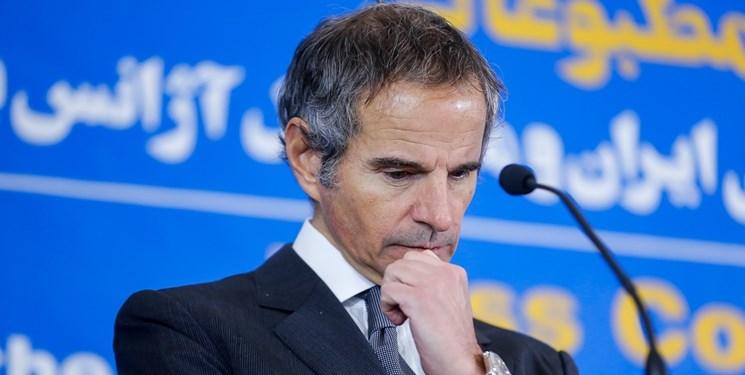Rahman Qahremanpoor told the Strategic Council on Foreign Relations that due to the fact that the European countries and the US issued a resolution about Iran in the previous seasonal meeting of the Board of Governor, the overall atmosphere and the results of the March meeting have become important. The agency’s approach since two years ago and after the implementation of the parliament’s law regarding the reduction of the agency’s supervision has been aimed at being able to establish its past access to Iran’s nuclear program.
He added that for the Agency, monitoring Iran’s activities within the framework agreed upon in the JCPOA is very important, and because Iran has reduced the amount of monitoring due to the withdrawal of the United States from the JCPOA, based on the law of the parliament, the Agency had expressed concern that its information about the scope of nuclear activities Iran is decreasing. Therefore, from a technical point of view, the IAEA says it needs to find out how much Iran has expanded the scope of its nuclear activities in the last two years and what progress it has made.
This expert on international issues pointed out the consequences of US withdrawal from the JCPOA and stated that the International Atomic Energy Agency, in spite of being a technical institution, is affected by political equations outside the agency, and said that although in the agency’s statutes and based on the NPT, the International Atomic Energy Agency is the technical body overseeing the implementation of the NPT treaty, and based on Articles 2 and 4, it must prevent countries from acquiring nuclear weapons and help them in the peaceful use of nuclear energy, due to the issues that exist in the past and now, there has been no balance in the agency’s functions in the implementation of articles 2 and 4.
Qahremanpoor explained that according to the interpretations that took place in the NPT review conferences, Western countries have declared that the NPT members’ privileges mentioned in Article 4, that is, the peaceful use of nuclear energy, are subject to the implementation of Clause 2, the lack of access to nuclear weapons, and the Agency itself determines whether this clause has been implemented or not.
He added that since the conclusion about paragraph 2 is time-consuming and long-term, it has happened in practice that due to the non-confirmation of the peaceful nature of the countries’ nuclear activities, technical cooperation with those countries in the direction of peaceful nuclear use has been limited or delayed. In fact, there are criticisms of the agency’s performance in this field.
Qahremanpoor stated that the IAEA is facing a difficult test and noted that Iran is trying to reduce tensions at this point and the general agreement it has had with increasing cooperation with the agency confirms the claim that Iran does not seek to increase tensions with the agency; But what is the perception of some western countries about this issue is an important issue.
According to this international affairs analyst, there are two main views in the West, one view believes that Iran’s recent action in reaching an agreement with the Agency is a tactical move to buy time and that Iran will not cooperate; But another point of view believes that the opportunity that has been created can be used to build more trust with Iran and move towards an agreement. It remains to be seen which of these views will prevail in Western countries and become the basis for decision-making, and whether the West will seize this opportunity or not.
Further, referring to the legal disputes between Iran and the Agency, Qahremanpoor described the Zionist regime’s moves to prevent any agreement between Iran and Western countries problematic.
While explaining Iran’s measures to build trust with the agency and the efforts of some parties to withdraw the agency from its technical and legal duties, he emphasized the need to take advantage of the opportunity that has been created and continued that Iran has repeatedly expressed dissatisfaction with this issue and What Mr. Grossi has told the Zionist authorities has increased the concern in Iran that the agency might want to treat Iran in a non-technical manner.
Emphasizing that the negotiations with the International Atomic Energy Agency showed that there is sufficient will in Tehran to reach an agreement on nuclear issues, this expert on international issues said that therefore, the agency’s approach in the current situation is an important issue and the two sides should see what solution they can find for this issue and whether they can reach an agreement or not.
Stating that the serious differences between Iran and the Agency must be resolved, Qahremanpoor pointed to the hope expressed by the Russian representative in Vienna that the Board of Governors would refrain from unwarranted politicization of the Iran case and show a responsible approach to this issue. He said that the agency’s non-technical behavior and external pressures on this international body have affected its performance, and in the current situation, the continuation of legal disputes over the interpretation of the scope of the agency’s authority can disrupt the process of cooperation.










0 Comments